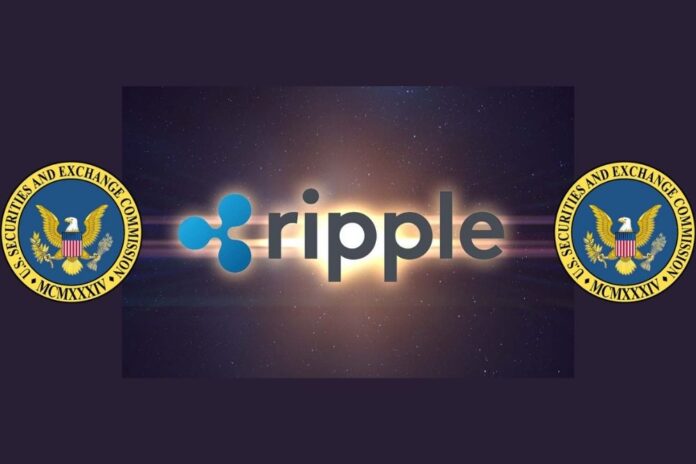Per a Monday ruling handed out by the District Judge, Analisa Torres, the presiding officer on the delicate XRP lawsuit gave a ruling that favored Ripple, Brad Garlinghouse, and Christian Larsen more than the SEC, in line with both parties’ Daubert motions.
According to the order, the SEC’s motions to exclude expert testimony relating to the Daubert motions have only been granted in part and denied in part. Whereas similar motions from Ripple, MoneyGram, and another third-party entity were fully granted.
Ripple and SEC Daubert Motions
The term Daubert Motions is used to represent the formal requests filed earlier by both the United States Securities and Exchange Commission and the XRP lawsuit defendants, Ripple, and two of its executives to exclude certain expert testimony from going public.
The SEC attempted to get an order from Judge Torres to seal and redact certain documents on the grounds of protecting the identities of its expert witnesses, their personal information, and the identity of a non-party and its representatives. These documents are said to include deposition transcripts, legal briefs, and expert reports.
Particularly, the SEC proposed to seal the entirety of two documents, which are publications by its expert witnesses. The securities agency also sought to redact the names of consulting firms that assisted their experts.
Likewise, Ripple, Brad Garlinghouse, and Christian Larsen requested the court’s approval to redact portions of certain exhibits submitted by the parties in connection with their Daubert Motions. Ripple lawyers stated that their Daubert motion-related request aim “to protect Ripple’s highly confidential business information, limit personal identifying information of the individual defendants, and the legitimate privacy interests of supporting third parties.”
Read Also: Top US Lawyers Share Strong Reasons Why the SEC Won’t Win Ripple Executives in XRP Lawsuit
Court Responds to Ripple and SEC Requests
As aforementioned, Judge Analisa Torres granted the redaction requests from MoneyGram, an unrelated third party, and Ripple, the San Francisco-based cross-border firm, regarding the Daubert motions. However, the SEC’s redaction and sealing requests were partly granted and partly denied.
As stated by Judge Analisa Torres, the SEC failed to explain how redacting the names of consulting firms would promote witness safety or judicial efficiency because the identity of each expert witness cannot be gleaned from the available information. The order added that the SEC did not properly justify the redaction of the names of these third consulting firms. Based on these facts, the Court denied the SEC’s request to redact the names of the consulting firms that assisted its expert witnesses.
On the other hand, Judge Torres agreed with the SEC that “public dissemination of information about the SEC’s experts may increase the likelihood of future threatening behavior, implicating concerns of witness safety and the danger of impairing judicial efficiency.” Also, the Court supported that most of the SEC’s proposed redactions are proper and ‘necessary to preserve higher values,” thus overcoming the substantial presumption of public access.
Read Also: XRP Lawsuit: John Deaton States Why SEC Motion for Summary Judgment Would Be Denied
Part of the decree read, “the redaction of expert names and identifying information are narrowly tailored to preserve the higher values of witness safety and judicial efficiency. With respect to the experts’ personal and financial information and the names of the non-party and its representatives, the Court finds that privacy interests justify the redaction of this information.”
Accordingly, the presiding judge granted the SEC’s requests to redact the documents submitted in connection with the Daubert Motions. It bears mentioning John Deaton and other US lawyers believe Ripple and the company’s executives will come out victorious in the XRP lawsuit predicted to end in 2023.
Follow us on Twitter, Facebook, Telegram, and Google News


